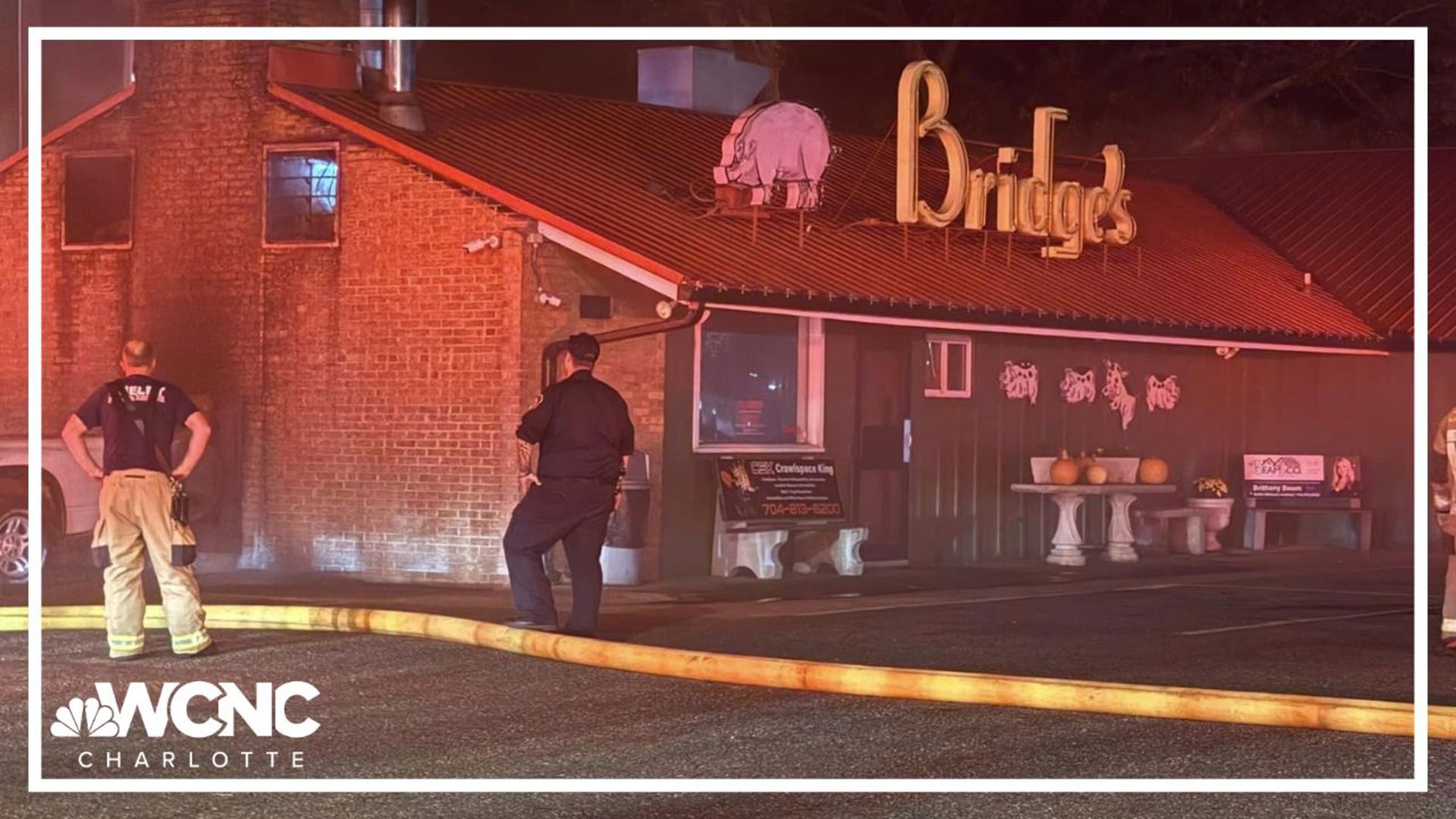CHARLOTTE, N.C. -- Two Wachovia shareholders, including one who used to be a high-ranking lawyer at the bank, are trying to get a Charlotte judge to unseal depositions related to the bank s 2008 collapse.
Norwood Robinson and John Loughridge, who are both lawyers and shareholders from Winston-Salem, want unrestricted access to four depositions taken after Wachovia s sale to Wells Fargo. One deposition is from Bob Steel, who ran Wachovia for a few months in 2008 before agreeing to sell it.
Robinson and Loughridge are part of the remaining sliver of shareholders of the former Wachovia who are still raising a ruckus about the sale to Wells Fargo. Though some Wachovia shareholders vocally opposed the Wells takeover when it was first announced, resistance is all but dead by now.
It s not clear if the depositions contain any explosive revelations, though they re almost certainly related to the final days of Wachovia and the decision to sell. In court on Friday, Robinson questioned if the depositions could be objective. They were conducted by lawyers from a New York law firm called Wolf Popper, who were seeking to confirm their decision to settle rather than litigate a lawsuit on behalf of shareholders.
When Wachovia collapsed and was sold to Wells, Wachovia shareholders many of whom live in Charlotte - got one Wells share for about every five Wachovia shares. In a class action lawsuit that followed, which was filed by Wolf Popper, they got a few token concessions but no monetary compensation. The Wolf Popper lawyers, on the other hand, got paid $930,000, according to court documents.
In November, Robinson and Loughridge filed a motion to appeal that settlement, and their motion will be sent to the Court of Appeals. On Friday, they attended a hearing with N.C. Business Court Judge Albert Diaz to decide what documents will be sent to the appeals court.
Robinson and Loughridge want unrestricted access to the depositions. They also want the depositions to be filed in their entirety, rather than just excerpts. At the very least, they told Judge Diaz, they want him to compel the bank or the Wolf Popper lawyers to file the entire depositions, sealed, with the Court Appeals.
The other depositions are from Bruce Helsel, Wells Fargo s head of corporate development; John Mahoney of Goldman Sachs, which advised Wachovia in its sale to Wells Fargo; and Gary Barancik of Perella Weinberg, which also advised Wachovia. (A sealed copy of the Barancik deposition was never filed with the court, so Robinson and Loughridge are asking for that to be filed as well.)
Chet Waldman, a Wolf Popper lawyer who joined the courtroom Friday by speaker phone, said the firm had included all the relevant sections. There were parts that weren t relevant at all, he said.
Wachovia s lawyers said that under N.C. law, they are not required to release to the Court of Appeals any documents that weren t already filed in the original case.
In a mostly empty courtroom, Robinson and Loughridge argued that shareholder deserve access to the depositions, which might contain evidence vital to other shareholder lawsuits. Both men are involved in a separate lawsuit against Wachovia related to its 2006 purchase of mortgage company Golden West, which is often blamed for bringing about Wachovia s near-failure. That case is pending in N.C. Business Court in Raleigh.
Loughridge questioned why the bank wouldn t release the depositions. This is not a situation where you ve got trade secrets, (as if) Coca-Cola s syrup formula was the subject of the deposition, he said.
Adam Doerr, a lawyer for Wachovia, noted that Judge Diaz had already denied a similar motion from Robinson and Loughridge last year. Doerr also said that his law firm had sent sealed copies of excerpts of three of the depositions to Robinson, with a cover letter saying that he must keep the documents confidential and couldn t use them for other lawsuits.
When Judge Diaz asked Robinson about this, Robinson replied that he hadn t opened the sealed documents because he couldn t in good faith agree that he wouldn t use them for other lawsuits.
The whole case has its roots in fall 2008, when Wells Fargo announced it would buy the struggling Wachovia. Lawyers from Wolf Popper sued both banks on behalf of a New York shareholder named Irving Ehrenhaus. They said Wells wasn t offering a fair price for the bank or giving Wachovia shareholders a fair chance to vote against it.
The Wolf Popper lawyers eventually agreed to settle against the banks. They garnered a few token concessions for the Wachovia shareholders, such as some extra securities disclosures, but didn t get a new vote or a new price. They asked for $2 million for their work, but Judge Diaz knocked their fee down to about $930,000, saying their effort had been largely unsuccessful and that an N.C. law firm would have charged less.
Robinson, as well as dozens of other shareholders who wrote to Judge Diaz, has complained about the Ehrenhaus ruling from the start, saying that Ehrenhaus was never representative of other shareholders. He never appeared at any of the hearings in Charlotte, and the Wolf Popper lawyers released little information about him. Because of the Ehrenhaus settlement, other Wachovia shareholders cannot sue Wells or Wachovia over the bank s sale in 2008. A number of shareholders are proceeding with suits against the bank over its 2006 purchase of Golden West.
Under N.C. law, Judge Diaz must make a decision by mid August.
In a research note in July, the law firm Alston & Bird said that the next wave in the financial crisis is actual litigation, noting that the Federal Deposit Insurance Corp. recently sued leaders of the failed IndyMac Bank for negligence and breach of fiduciary duty.
This signals that the risk of regulatory claims against financial institution directors and officers remains high, and is expected to continue to follow the pattern of the savings and loan crisis litigation 20 years ago, where bank regulators filed claims against former directors and officers in connection with approximately 24 percent of bank closures between 1985 and 1992, the Alston & Bird lawyers wrote.


